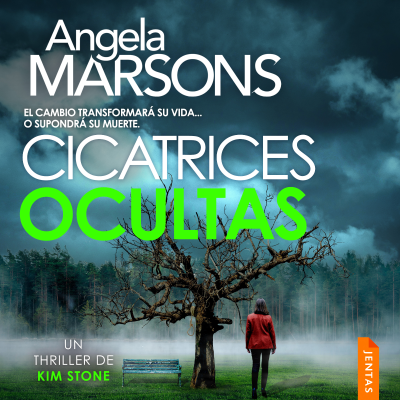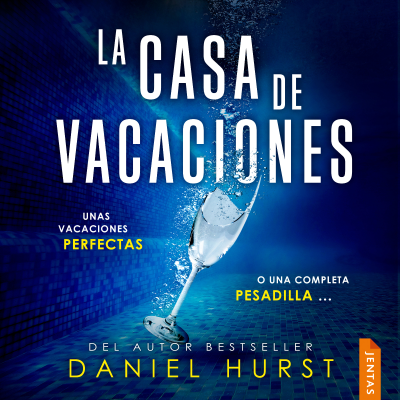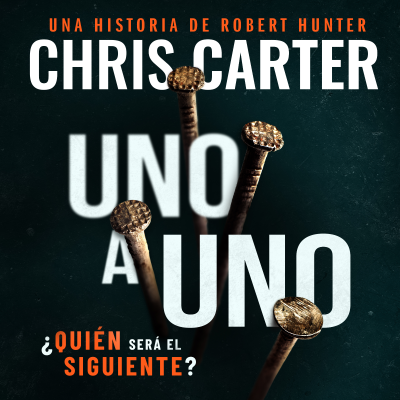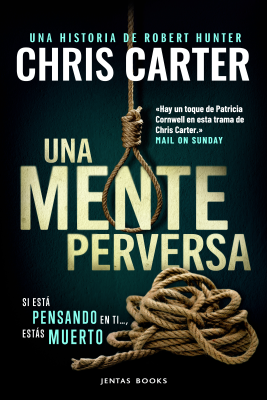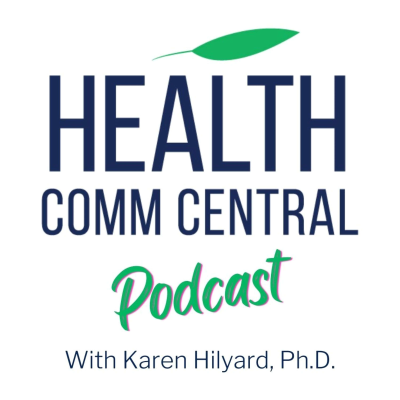
Health Comm Central
Podcast de Karen Hilyard, Ph.D.
Disfruta 30 días gratis
4,99 € / mes después de la prueba.Cancela cuando quieras.
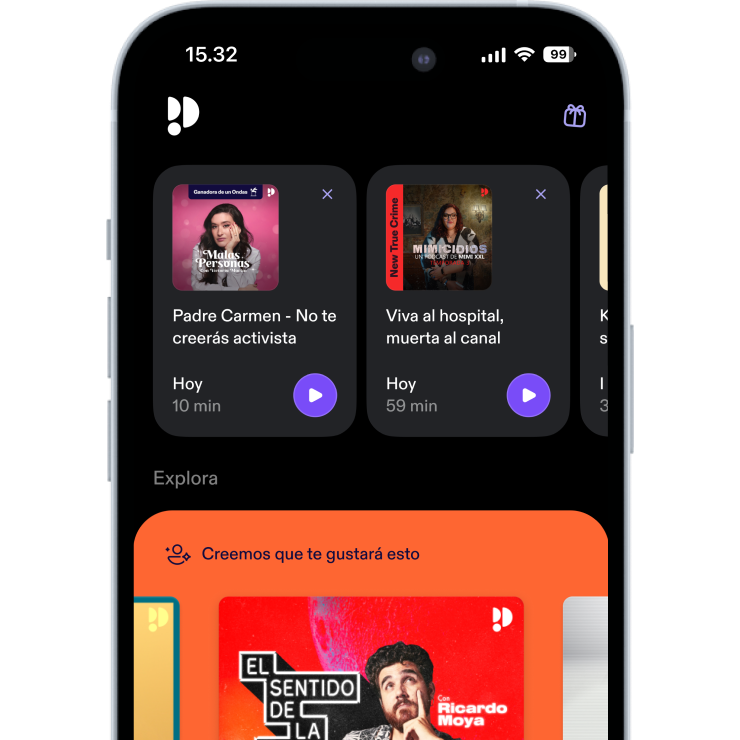
Más de 1 millón de oyentes
Podimo te va a encantar, y no sólo a ti
Valorado con 4,7 en la App Store
Acerca de Health Comm Central
Real results to improve health outcomes and health equity begin with behavioral science. Public health communication strategist Karen Hilyard, Ph.D. will help you unpack behavior change theories & frameworks and apply them in practical ways to build a kick-ass health communication toolkit. Create more effective, engaging, evidence-based messages & campaigns to transform not only individual behaviors, but the policies and systems that impact social determinants of health.
Todos los episodios
50 episodiosIn Part Two of my conversation with Sandra Crouse Quinn, we talk about COVID and trust, plus future challenges when it comes to increasing health equity. Dr. Quinn and her colleague Stephen Thomas were two of the first researchers to shine a light on the impact the Tuskegee syphilis experiment had on trust in the African-American community — and by extension, on other communities of color. Together, we look ahead at the work that remains to be done to rebuild trust in public health. Resources: The article that made people sit up and take notice: Thomas, S. B., & Quinn, S. C. (1991). The Tuskegee Syphilis Study, 1932 to 1972: Implications for HIV education and AIDS risk education programs in the Black community. American Journal of Public Health, 81(11), 1498–1505. https://doi.org/10.2105/AJPH.81.11.1498 [https://psycnet.apa.org/doi/10.2105/AJPH.81.11.1498] Historic background on the topics mentioned: * Public Health Service Study of Untreated Syphilis at Tuskegee and Macon County, AL - Timeline - CDC - OS [https://www.cdc.gov/tuskegee/timeline.htm] * 30 Years of HIV in African American Communities: A Timeline (cdc.gov) [https://www.cdc.gov/nchhstp/newsroom/docs/timeline-30years-hiv-african-american-community-508.pdf] * Why Black AIDS History Matters - AAIHS [https://www.aaihs.org/why-black-aids-history-matters/] * The Anthrax Mail Attack | National Postal Museum (si.edu) [https://postalmuseum.si.edu/the-anthrax-mail-attack#:~:text=Twenty-two%20people%20were%20infected%20with%20spores%20from%20the,U.S.%20postal%20workers%20and%20the%20death%20of%20two.] Sandra Crouse Quinn’s bio [https://umdrightnow.umd.edu/experts/sandra-c-quinn] Communivax Coalition [https://www.communivax.org/] Maryland Center for Health Equity [https://sph.umd.edu/research-impact/research-centers/maryland-center-health-equity] (where Dr. Quinn has just retired but Dr. Stephen Thomas continues to conduct research and outreach). Please click the button to subscribe so you don't miss any episodes and leave a review if your favorite podcast app has that ability. Thank you! For more information, visit the Health Comm Central website at: http://www.HealthCommCentral.com [http://www.HealthCommCentral.com] © 2022 - 2024 Karen Hilyard, Ph.D. Connect with me on: LinkedIn: https://www.linkedin.com/company/health-comm-central/ [https://www.linkedin.com/company/health-comm-central/] Twitter: @HealthCommCtrl [https://twitter.com/healthcommctrl] Instagram: @health.comm.central [https://www.instagram.com/health.comm.central/]
For most people in public health today, the role that trust — or more accurately, distrust — often plays in racial health disparities may seem obvious. When both lived experience and research confirm that implicit and intentional bias in the system have resulted in real harm, it’s a rational response to be wary or distrustful. However, for years after the Tuskegee experiment, public health was actually quick to blame other cultural, educational, or individual factors for low levels of trust in public health and medicine. That is, until my guest in this episode came along. Sandra Quinn and her co-author Stephen Thomas were the first two researchers to connect Tuskegee’s impact on trust to beliefs and behaviors in the African-American community during the emergence of HIV/AIDS. Since then, Dr. Quinn and her colleagues have gone on to lead some of the most important research on trust and racial health inequities (and I’m proud to have been involved in a small part of that research with such a fantastic mentor!) The first of my two-part interview is a must-listen for anyone interested in health equity: You’ll hear some history you’ve never heard before about the ripple effect of Tuskegee, from the AIDS crisis to the anthrax attacks. (In Part 2 we’ll talk about COVID, plus future challenges when it comes to building trust). Resources: The article that made people sit up and take notice: Thomas, S. B., & Quinn, S. C. (1991). The Tuskegee Syphilis Study, 1932 to 1972: Implications for HIV education and AIDS risk education programs in the Black community. American Journal of Public Health, 81(11), 1498–1505. https://doi.org/10.2105/AJPH.81.11.1498 [https://psycnet.apa.org/doi/10.2105/AJPH.81.11.1498] Historic background on the topics mentioned: * Public Health Service Study of Untreated Syphilis at Tuskegee and Macon County, AL - Timeline - CDC - OS [https://www.cdc.gov/tuskegee/timeline.htm] * 30 Years of HIV in African American Communities: A Timeline (cdc.gov) [https://www.cdc.gov/nchhstp/newsroom/docs/timeline-30years-hiv-african-american-community-508.pdf] * Why Black AIDS History Matters - AAIHS [https://www.aaihs.org/why-black-aids-history-matters/] * The Anthrax Mail Attack | National Postal Museum (si.edu) [https://postalmuseum.si.edu/the-anthrax-mail-attack#:~:text=Twenty-two%20people%20were%20infected%20with%20spores%20from%20the,U.S.%20postal%20workers%20and%20the%20death%20of%20two.] Sandra Crouse Quinn’s bio [https://umdrightnow.umd.edu/experts/sandra-c-quinn] Communivax Coalition [https://www.communivax.org/] Maryland Center for Health Equity [https://sph.umd.edu/research-impact/research-centers/maryland-center-health-equity] (where Dr. Quinn has just retired but Dr. Stephen Thomas continues to conduct research and outreach). Please click the button to subscribe so you don't miss any episodes and leave a review if your favorite podcast app has that ability. Thank you! For more information, visit the Health Comm Central website at: http://www.HealthCommCentral.com [http://www.HealthCommCentral.com] © 2022 - 2024 Karen Hilyard, Ph.D. Connect with me on: LinkedIn: https://www.linkedin.com/company/health-comm-central/ [https://www.linkedin.com/company/health-comm-central/] Twitter: @HealthCommCtrl [https://twitter.com/healthcommctrl] Instagram: @health.comm.central [https://www.instagram.com/health.comm.central/]
While effective teachers and professors consider adult learning theory one of the go-to frameworks for curriculum development, you may not realize how useful it can be, and how well-researched it is, in the world of health promotion and health communication. This episode takes a look at six of the basic principles of adult learning theory that every health communicator needs to consider when developing materials, resources, and interventions. Resources: * 10 Simple Principles of Adult Learning (wgu.edu) [https://www.wgu.edu/blog/adult-learning-theories-principles2004.html] * Adult Learning Theories in Context: A Quick Guide for Healthcare Professional Educators [https://www.ncbi.nlm.nih.gov/pmc/articles/PMC6458658/] Mukhalalati BA, Taylor A. Adult Learning Theories in Context: A Quick Guide for Healthcare Professional Educators. J Med Educ Curric Dev. 2019 Apr 10;6:2382120519840332. doi: 10.1177/2382120519840332. PMID: 31008257; PMCID: PMC6458658. * Applying adult learning theories for effective patient education | WebMD Ignite [https://webmdignite.com/blog/applying-adult-learning-theories-effective-patient-education] Please click the button to subscribe so you don't miss any episodes and leave a review if your favorite podcast app has that ability. Thank you! For more information, visit the Health Comm Central website at: http://www.HealthCommCentral.com [http://www.HealthCommCentral.com] © 2022 - 2024 Karen Hilyard, Ph.D. Connect with me on: LinkedIn: https://www.linkedin.com/company/health-comm-central/ [https://www.linkedin.com/company/health-comm-central/] Twitter: @HealthCommCtrl [https://twitter.com/healthcommctrl] Instagram: @health.comm.central [https://www.instagram.com/health.comm.central/]
So often when we consider health disparities in a population, we focus on what is wrong or deficient — the barriers to good health. But what if instead we gathered wisdom from people and communities who are exceptions to the rule, then tried to replicate the conditions that enable them to be successful? This is what the “positive deviance” framework does: it reframes our thinking to consider that often communities themselves already have the solutions to problems, if only we focus on their strengths rather than deficits. My guest in today’s episode is one of my former graduate students, Tyra Toston Gross, who is the one who first introduced me to this framework when she used it in her dissertation to examine breastfeeding in the African-American community—focusing on women who despite having no more resources or knowledge than their peers were managing to breastfeed successfully. Now a successful educator and researcher at Xavier University of Louisiana, Dr. Gross joins me to talk about positive deviance and other strengths-based and community-participatory approaches. Resources: * A basic overview of Positive Deviance from Wikipedia [https://en.wikipedia.org/wiki/Positive_deviance] * About Tyra Toston Gross: https://www.xula.edu/directory//people/tgross.html [https://www.xula.edu/directory//people/tgross.html] * Gross TT, Davis M, Anderson AK, Hall J, Hilyard K. Long-Term Breastfeeding in African American Mothers [https://pubmed.ncbi.nlm.nih.gov/28061039/]. J Hum Lact. 2017 Feb;33(1):128-139. doi: 10.1177/0890334416680180. Epub 2017 Jan 6. PMID: 28061039. * Other researchers using the framework: The Positive Deviance Collaborative [https://positivedeviance.org/] Please click the button to subscribe so you don't miss any episodes and leave a review if your favorite podcast app has that ability. Thank you! For more information, visit the Health Comm Central website at: http://www.HealthCommCentral.com [http://www.HealthCommCentral.com] © 2022 - 2024 Karen Hilyard, Ph.D. Connect with me on: LinkedIn: https://www.linkedin.com/company/health-comm-central/ [https://www.linkedin.com/company/health-comm-central/] Twitter: @HealthCommCtrl [https://twitter.com/healthcommctrl] Instagram: @health.comm.central [https://www.instagram.com/health.comm.central/]
Wrapping up our series on media, today we look at four more media relations essentials that can help you earn media coverage: Op-eds, letters to the editor; becoming a go-to resource for journalists; and convening an editorial board meeting. Along with the earlier parts of our series on media, these are tools you probably didn’t learn about in your MPH program or even a general health communication course. But they should be an essential part of your professional toolkit. Resources: * Credibility of Earned Media (summary – actual study is hidden behind a paywall): Is Earned Media More Credible than Advertising? | Institute for Public Relations (instituteforpr.org) [https://instituteforpr.org/understanding-how-changing-media-sources-in-the-promotional-mix-inform-credibility-and-consumer-action/] * Op-Ed Writing: Tips and Tricks — The OpEd Project [https://www.theopedproject.org/resources] * Harvard Kennedy School How to Write an Op-Ed (harvard.ed u) [https://projects.iq.harvard.edu/files/hks-communications-program/files/new_seglin_how_to_write_an_oped_1_25_17_7.pdf] * Tips for writing effective letters to the editor - Public Health Institute (phi.org) [https://www.phi.org/thought-leadership/tips-for-writing-effective-letters-to-the-editor/] * Microsoft Word - Influencing Editorials - An editoral board meeting primer.– (georgetown.edu) [https://ccf.georgetown.edu/wp-content/uploads/2012/03/influencing-editorials-an-editorial-board-meeting-primer.pdf] * 6 Steps to Ensure a Successful Editorial-Board Meeting (philanthropy.com) [https://www.philanthropy.com/article/6-steps-to-ensure-a-successful-editorial-board-meeting/] Please click the button to subscribe so you don't miss any episodes and leave a review if your favorite podcast app has that ability. Thank you! For more information, visit the Health Comm Central website at: http://www.HealthCommCentral.com [http://www.HealthCommCentral.com] © 2022 - 2024 Karen Hilyard, Ph.D. Connect with me on: LinkedIn: https://www.linkedin.com/company/health-comm-central/ [https://www.linkedin.com/company/health-comm-central/] Twitter: @HealthCommCtrl [https://twitter.com/healthcommctrl] Instagram: @health.comm.central [https://www.instagram.com/health.comm.central/]

Valorado con 4,7 en la App Store
Disfruta 30 días gratis
4,99 € / mes después de la prueba.Cancela cuando quieras.
Podcasts exclusivos
Sin anuncios
Podcast gratuitos
Audiolibros
20 horas / mes





















